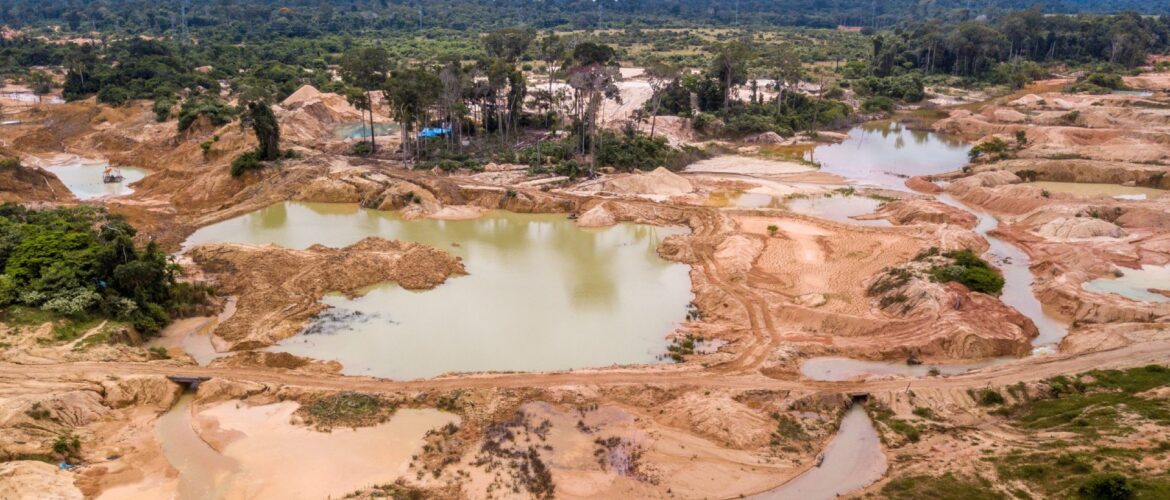Illegal mining causes serious threat to Yanomami Tribes
- March 19, 2023
- Posted by: iitsr
- Category: Technology ,

The Yanomamis are the inhabitants of the remote forest of the Orinoco River basin in southern Venezuela and the few scattered parts of the Amazon River basin in northern Brazil. For centuries, the Yanomami have inhabited a vast area of pristine forest and large, meandering rivers on the border between Brazil and Venezuela, living off fishing, hunting and fruit gathering.
After gold was found on this tribal land during 1980s, the pristine forest area has become a curse to the indigenous Yanomami people. Ever since the discovery of gold, rigorous trespassing happened on this indigenous people land and more than 40,000 illegal miners have invaded Yanomami lands in successive waves, bringing destruction and genocidal violence.
Known locally as garimpeiros, the number of illegal both loggers and miners has been increasing, even though the Yanomami territory is a nationally protected area where mining is banned. Several activist groups around the world continue to raise their voices against the inadequate health services, political violence, economic exploitation, and tourism on the Yanomami land. Social and cultural rights agencies request the governments to uphold the UN Declaration on the Rights of Indigenous Peoples, a comprehensive international instrument on the rights of indigenous peoples adopted by the General Assembly in 2007.
In the recent years, the world has witnessed shocking images of death and destruction of the Yanomami people and their lands. The Illegal miners have been poisoning rivers with mercury and wrecking the Amazon rainforest for years, bringing environmental and health issues which is putting the lives of most remote indigenous community of the world at the risk of extinction.
